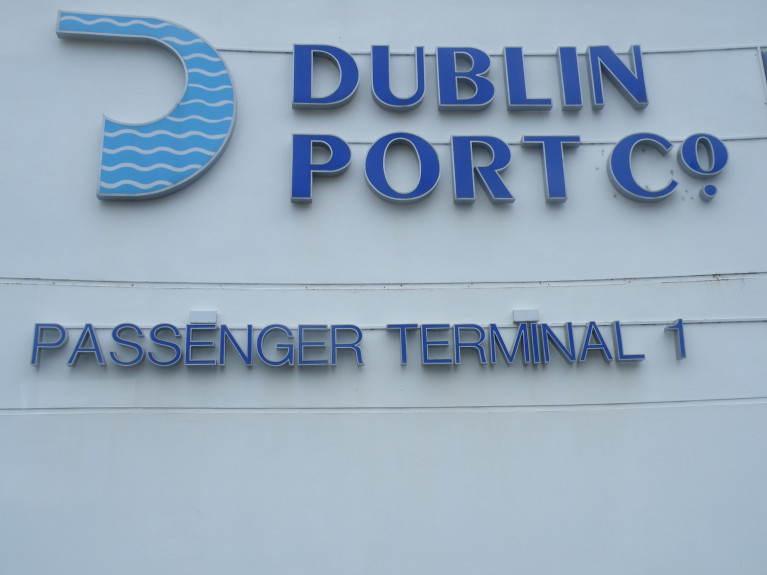Displaying items by tag: Antigan 5 test days
Passengers from Britain Arriving in Ireland Advised to Take Antigen Tests for Five Days
As The Irish Times reports, passengers from Britain arriving in Ireland will be advised to undertake daily antigen tests for five consecutive days, according to a Government statement issued late on Thursday night.
The first of five tests should be completed on the day of arrival from England, Scotland or Wales and people should self-isolate immediately and seek a PCR test if they develop symptoms or have a positive antigen test.
The statement said the Government had received an updated public health assessment in relation to the Omicron variant.
A number of travel-related measures have been agreed, taking account of relevant factors including the intention to continue to align with the overall European Union approach to travel, and the particular circumstances of the Common Travel Area (CTA).
Taoiseach Micheál Martin said the travel advice is not regulatory and it will be up to individuals to comply with it for their own benefit.
Citing advice from the World Health Organisation, Mr Martin said: “We’re not going to stop Omicron, but we can try to delay it as best we can. We are saying to people to be conscious of this.”
For much more on this latest development on overseas passengers arriving in advance of the festive season, click here.






























































